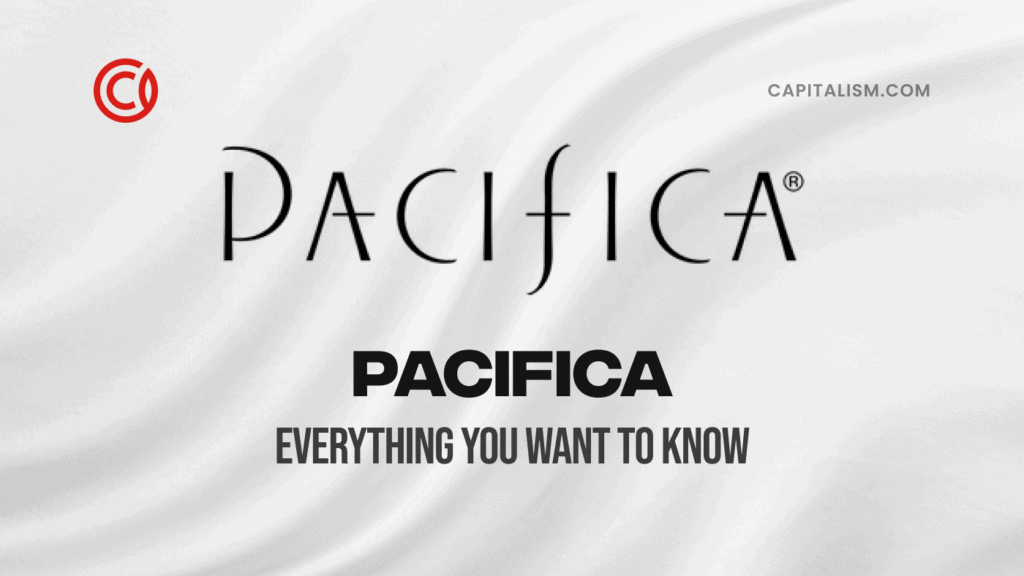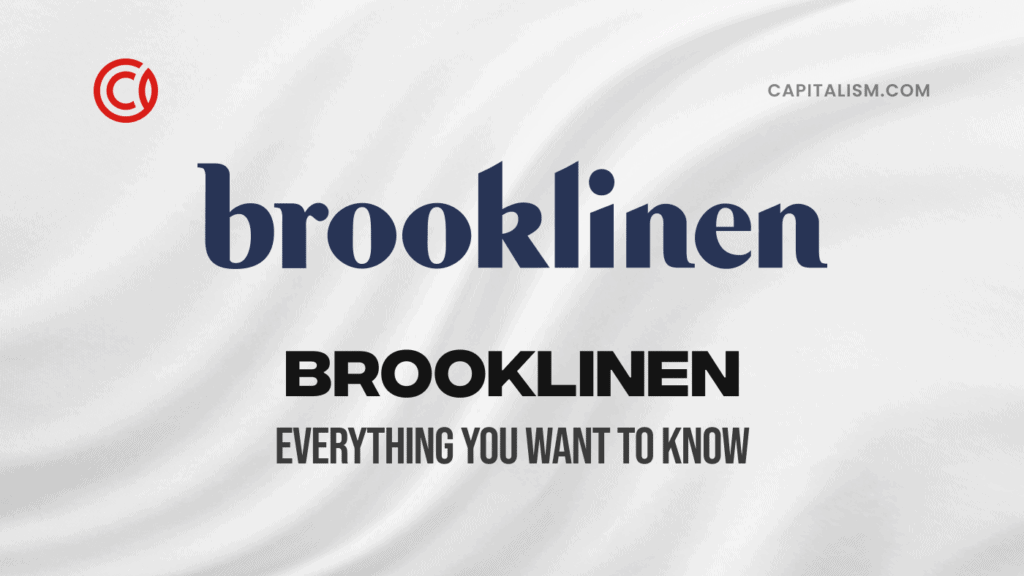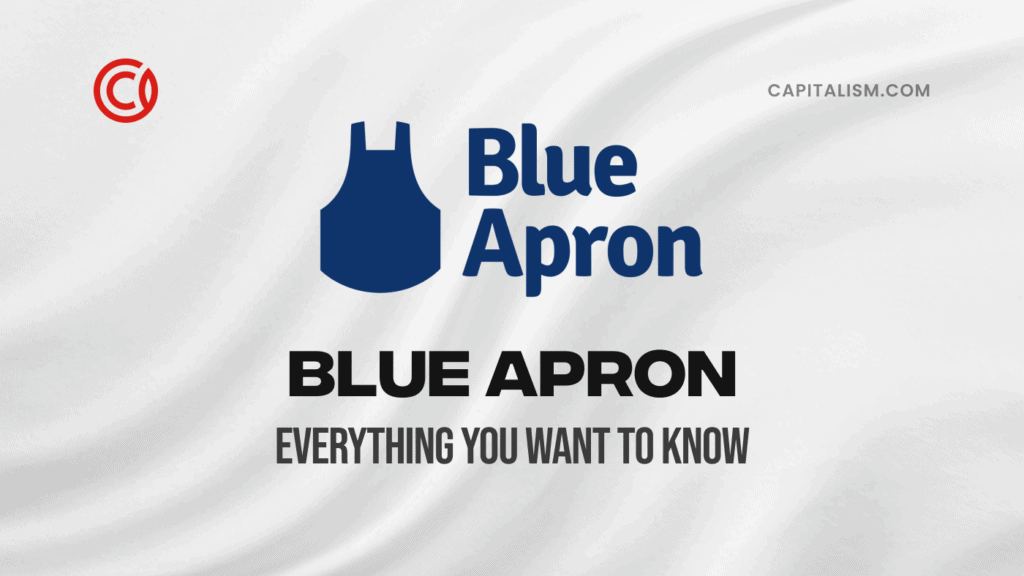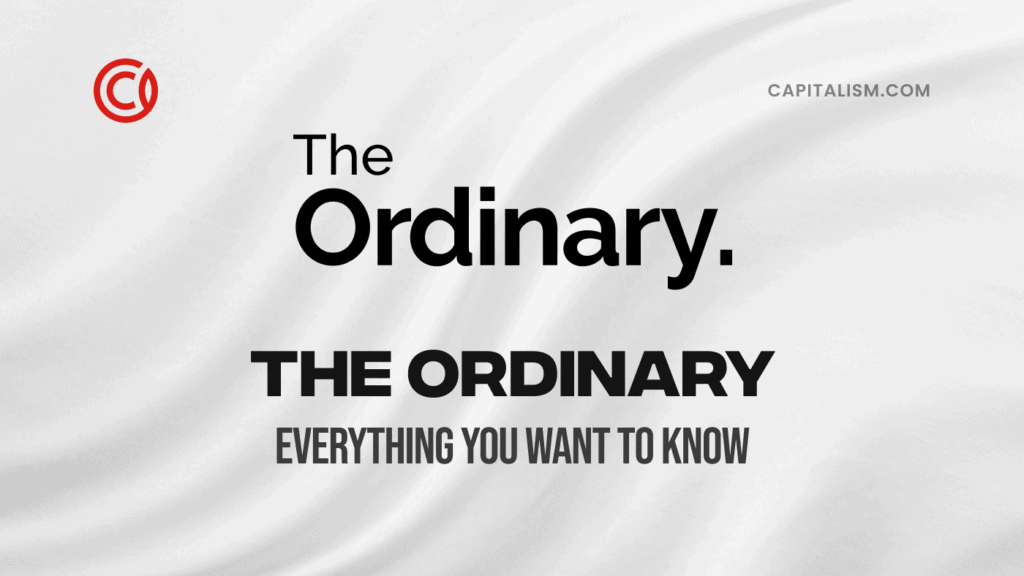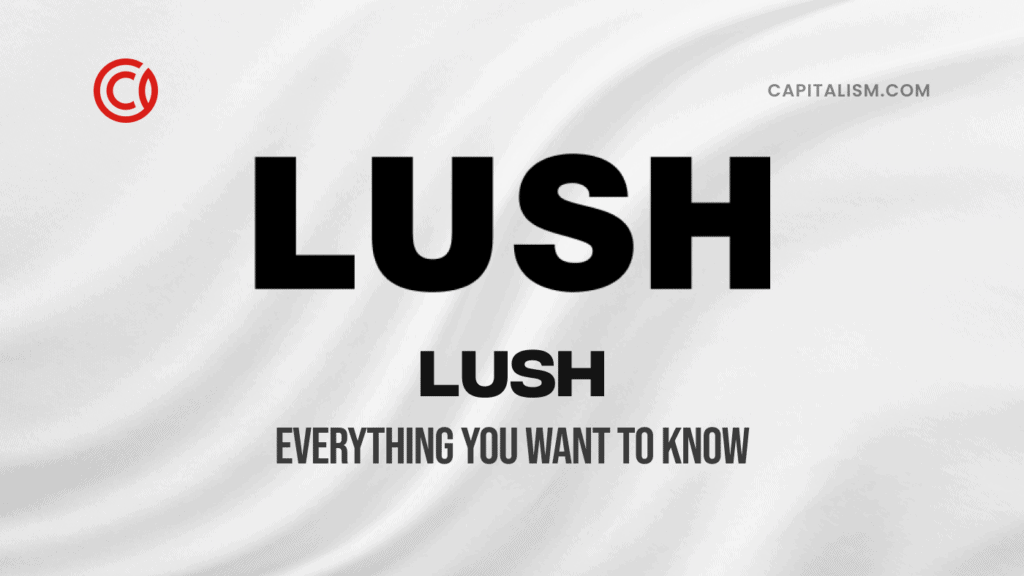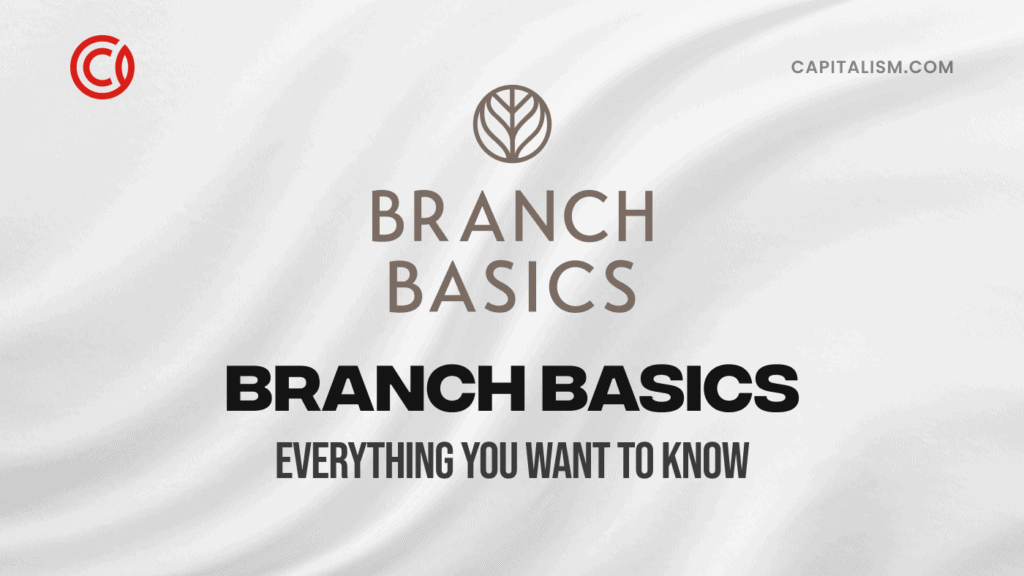Is Y Combinator a Startup Incubator or an Accelerator?
Y Combinator is perhaps the most famous of all seed accelerators in Silicon Valley. Let’s parse that term out. Seed funding is the first official equity funding stage. Usually, it’s the first official money a business raises. After this round, some companies don’t go further into Series A rounds.
It’s called seed funding as the business owners hope it’s the seed to help their business grow.
An incubator is a company that helps new and startup companies to develop by providing services such as management training or office space.
Technically, an accelerator is an incubator for early startups. It’s a fixed-term, cohort-based program that includes mentorship and educational components and culminates in a public pitch event or demo day. The Capitalism Incubator is a good example. But seed accelerators have been so successful they’ve essentially created their own category.
Looking at the graph above, you can see that the company isn’t generating any revenue at the point when accelerators invest in them. Why would they do that? Let’s take a closer look.
What Does Y Combinator Do for New Companies?
Y Combinator is the oldest seed accelerator. Paul Graham - who brought the LISP programming language into the mainstream - founded it in 2005 in Cambridge, MA, along with Jessica Livingston, Trevor Blackwell, and Robert Tappan Morris. Later, they moved YC to Mountain View, CA.
Some companies may need no more than seed money. Others will go through several rounds of funding. According to YC, there is no correct answer. Here is a snapshot of some Y Combinator companies:
And it’s not just American companies. You can read how Y Combinator-backed Tel-Aviv-based Jiga launched a B2B marketplace for manufacturers.
YC’s goal is to get you through the first phase from the previous timeline. That is, get you to the breakeven point and the next stage. This usually means getting a company to the point where it’s impressive enough to raise money on a larger scale. Then YC can introduce you to later-stage investors—or occasionally, even acquirers.
All venture capitalists (VCs) supply some combination of money and help. In YC’s case, money is by far the minor component.
Officially, Y Combinator will seed you $125,000 for a 7% equity stake in your firm.
This capital allows founders to get on with building their businesses without having to worry about paying the bills.
How Hard Is It to Get into Y Combinator?
The Y Combinator application process is easy. There’s a big orange “Apply” button on the top right of their website. The big issue for most would be that the Y Combinator acceptance rate is around 1%.
Interestingly, if your startup has the features YC is looking for, your chances of getting in are much higher. But if it doesn’t, your chances are practically non-existent.
Those features are:
- It solves a real problem or pain point that you’re personally knowledgeable about.
- It’s seen real and growing user/customer adoption.
- You have a strong, tight-knit co-founding team.
- You’ve at least a faint idea of how this could grow into a huge company.
- You seem like you could accomplish a lot in 90 days.
- You can explain what your company does and what makes it unique in simple, easy-to-understand language.
This is a fantastic set of questions all entrepreneurs would do well to ask themselves, even if they have no intention of applying to YC.

How Much Does It Cost?
Y Combinator doesn’t cost anything, except three months of your time. Remember, they give you $125,000 for 7% equity in your business.
Why Is It Called Y Combinator?
In oversimplified language, a Y combinator is a program that runs programs. YC is a company that helps start companies. So it was a neat metaphor.
Who Is the CEO?
YC doesn’t have a CEO, but its President is Geoff Ralston. Ralston is the former CEO of La La Media, Inc. He took the reins from Sam Altman, who himself was a startup founder who achieved extreme success in The Valley.
Does Y Combinator Accept Ideas?
Yes. That’s the whole point of the application process. And it’s the most crucial part of what YC does: it works with founders on their ideas. The second most important thing YC does is help founders deal with investors and acquirers.
YC makes introductions. But then they spend much more time teaching founders how to pitch their startups to investors. And also how to close a deal once they’ve generated interest.
In the second phase, YC supplies both advice and protection. Potential investors are more likely to treat you well if you come from YC, because how they treat your startup determines whether in the future YC will point deals toward them.
Do They Steal Ideas If You Sign Up?
Before answering this question, it’s great to get the real deal from a proper Silicon Valley insider. Here’s what Guy Kawasaki says:

Before you even start addressing the hard stuff, never ask a venture capitalist to sign a non-disclosure agreement (NDA). They never do. This is because at any given moment, they are looking at three or four similar deals. They’re not about to create legal issues because they sign an NDA and then fund another, similar company–thereby making the paranoid entrepreneur believe the venture capitalist stole his idea. If you even ask them to sign one, you might as well tattoo “I’m clueless!” on your forehead.
Here’s what YC says about it:
No, we won't sign an NDA. No venture firm would at this stage. The informal commitment to secrecy on our application form is more than any VC would make.
Now before you get “They’re all thieves!” into your head, read this piece from Paul Graham. He wrote it in 2005. It should give you an idea of what VCs think of the market value of your idea.
An idea for a startup, however, is only a beginning. A lot of would-be startup founders think the key to the whole process is the initial idea, and from that point all you have to do is execute. Venture capitalists know better. If you go to VC firms with a brilliant idea that you'll tell them about if they sign a nondisclosure agreement, most will tell you to get lost. That shows how much a mere idea is worth. The market price is less than the inconvenience of signing an NDA.
Another sign of how little the initial idea is worth is the number of startups that change their plan en route. Microsoft's original plan was to make money selling programming languages, of all things. Their current business model didn't occur to them until IBM dropped it in their lap five years later.
Ideas for startups are worth something, certainly, but the trouble is, they're not transferable. They're not something you could hand to someone else to execute. Their value is mainly as starting points: as questions for the people who had them to continue thinking about.
What matters is not ideas, but the people who have them. Good people can fix bad ideas but good ideas can't save bad people.
The Y Combinator Startup School
Perhaps the coolest part of Y Combinator is their online Startup School. On there, you’ll find 19 lectures - at no cost - from their founders and partners on various topics such as:

- How to Talk to Users
- Pitching Your Startup
- How to Launch (Again and Again)
- How to Split Equity Among Co-founders
- YC’s Essential Startup Advice
Besides the curriculum, YC offers their entire Startup Library for free as well. There are 111 blog posts and 202 videos, among other things, for you to watch.
There are also a forum, directory, and weekly updates for all who sign up.
Read what one entrepreneur took away from YC in The 10 Things I’ve Learned Attending Y Combinator Startup School 2020.
We love Y Combinator here at Capitalism.com. Just like us, they provide a ton of free advice for the taking, given to you by people who’ve made staggering successes of themselves. In fact, we often hear from entrepreneurs who've built extremely successful brands only by following the free training from our podcasts, YouTube channel, and blog.
Bootstrapping is certainly one way to build a business that changes your world.
But for those who want to move faster by bringing on investors, audience leaders (influencers), and experts who know how to "do all the things" instead of trying to do it all alone, we have you covered, too. That's exactly why we built the Capitalism Incubator. This is how we provide "hold-your-hand" coaching to help you build your own million-dollar business. You can find out more about the Incubator and apply here.


